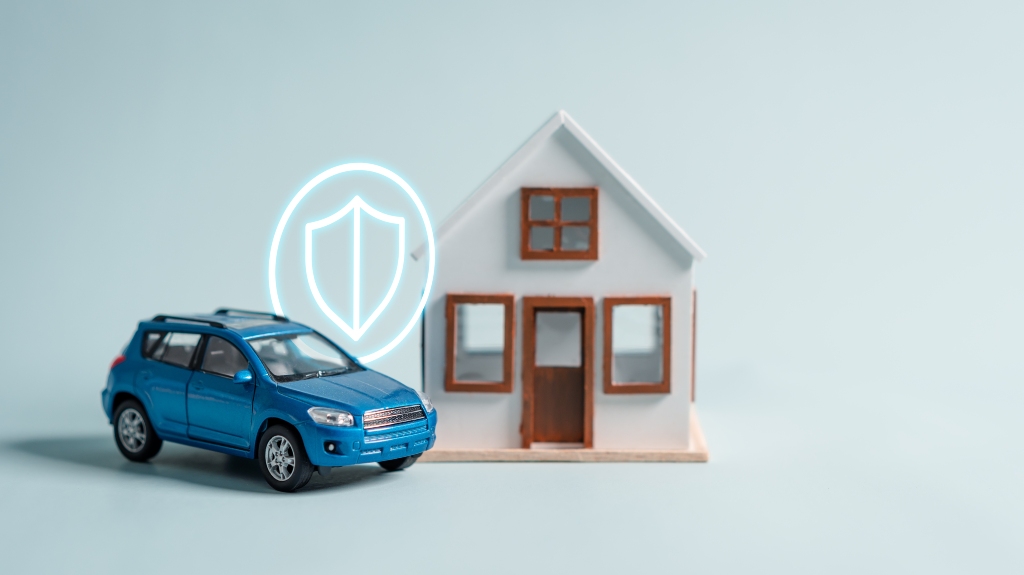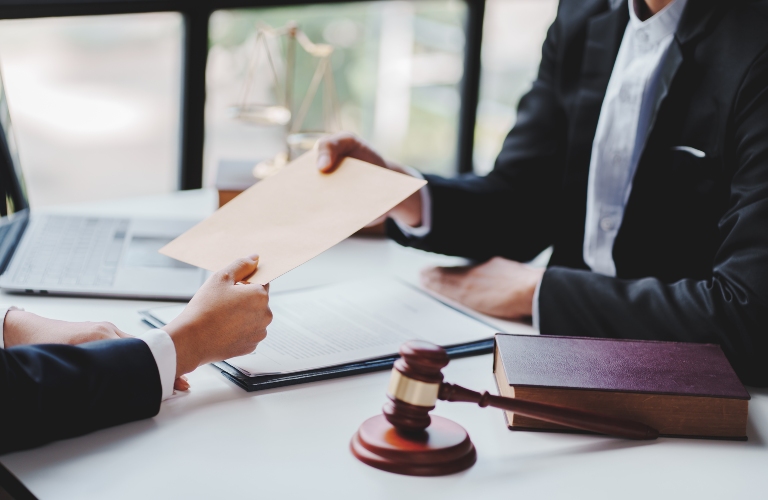
Applying for bankruptcy can feel overwhelming, especially if you worry about losing your home or car. These are not just assets. They are vital to your daily life. Fortunately, bankruptcy laws in Georgia provide avenues that could allow you to keep your property while achieving substantial debt relief.
Understanding whether you can retain your house or vehicle depends on several factors: the type of bankruptcy you file, how much equity you have in the property, and whether you’re current on your loan payments. Here’s what you need to know.
Chapter 7 vs. Chapter 13 Bankruptcy in Georgia
There are two main types of bankruptcy for individuals: Chapter 7 and Chapter 13.
Chapter 7
Chapter 7 is often called “liquidation” bankruptcy. It wipes out many types of unsecured debt, such as credit cards and medical bills. However, you may have to give up certain assets in exchange—unless those assets are protected by Georgia’s bankruptcy exemptions.
Chapter 13
Chapter 13 is a reorganization plan in which you make payments toward your debts over three to five years instead of liquidating assets. This type is often used by those who want to keep their homes or cars but have fallen behind on payments.
Can You Keep Your Home in Bankruptcy?
In Georgia, the homestead exemption protects up to $21,500 in equity in your primary residence (or up to $43,000 if you’re married and filing jointly). Equity is the difference between your home’s value and what you still owe on the mortgage.
If your equity is under the exemption limit:
- In Chapter 7, you can likely keep your home as long as you stay current on mortgage payments.
- In Chapter 13, you can catch up on missed mortgage payments through your repayment plan and avoid foreclosure.
If your equity exceeds the exemption limit:
- In Chapter 7, the trustee may sell the home to pay creditors. However, many people still avoid this by using Chapter 13 instead.
- In Chapter 13, you can retain your home by including the excess equity in your repayment plan.
Can You Keep Your Car in Bankruptcy?

Georgia allows an exemption of up to $5,000 in equity for one motor vehicle. If the car is worth more than you owe on it, and the excess equity is less than $5,000, you can usually keep it in Chapter 7.
You can also use a “wildcard” exemption of up to $1,200, plus any unused portion of your homestead exemption (up to $10,000), to further protect vehicle equity.
- In Chapter 7, as long as the equity is protected and you’re current on payments, you can generally keep your car.
- In Chapter 13, if you’re behind on car payments or owe more than the car is worth, you may be able to restructure the loan through your payment plan.
What If You’re Behind on Payments?
Falling behind on your mortgage or car loan does not necessarily mean you’ll lose your property. Chapter 13 bankruptcy is particularly beneficial as it lets you gradually catch up on missed payments. In comparison, Chapter 7 does not prevent foreclosure or repossession unless you can quickly become current or arrange a reaffirmation agreement with the lender.
Speak to a Georgia Bankruptcy Attorney About Your Legal Options
Bankruptcy is not one-size-fits-all. Whether you can keep your home or car depends on how the law applies to your unique financial situation. At Duncan & Brow, we help individuals explore their options and develop customized strategies to protect their most important assets.
If you’re considering bankruptcy in Georgia but are concerned about losing your car or home, schedule a free consultation with our team today. Let us help you find a path to relief—without losing the things you rely on.


